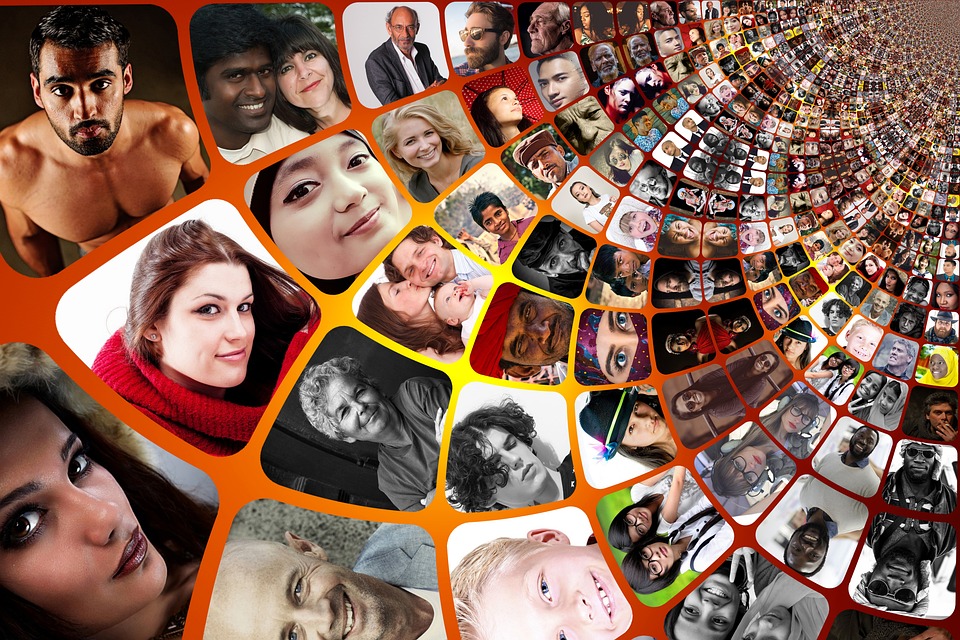The Rise of Social Media: How it’s Changed the Landscape of Communication
Social media has revolutionized the way we communicate and connect with one another. It has become an integral part of our daily lives and has transformed the landscape of communication. In this article, we will explore the rise of social media, its impact on communication, and its influence on our society.
The Birth of Social Media
Social media was born in the early 2000s when websites like Friendster and MySpace gained popularity. However, it was not until the launch of Facebook in 2004 that social media began to truly take off. Facebook started as a platform for college students to connect with one another, but it quickly expanded to include everyone.
Soon after, other social media platforms such as Twitter, Instagram, and Snapchat emerged. Each platform had its unique features and targeted specific audiences. Social media became a marketplace for people to connect, share opinions, ideas, and even conduct business.
The Impact of Social Media on Communication
Social media has changed the way we communicate with one another by providing a platform for people to connect and share information. It has brought people from all over the world closer together by making it easier to stay in touch with friends and family, no matter where they are.
Social media has also transformed how we disseminate news and information. In the past, news outlets had a monopoly on disseminating information. However, with social media, anyone can share information, news, and opinions with the world.
Social media has given a voice to people who would have been silenced in the past. With social media, everyone has the ability to share their thoughts and opinions, exposing others to different perspectives. It has also become a platform for people to mobilize and create change.
The Influence of Social Media on Society
Social media has influenced almost every aspect of our society. From politics to advertising, social media has the power to shape our culture. For example, in politics, social media has become a powerful tool for candidates to reach voters. Campaigns can now use social media to target specific demographics, making it easier to engage with potential voters.
Social media has also changed the way companies advertise their products. Instead of relying on traditional advertising methods, companies can now use social media to promote their products. Social media influencers have also emerged as a new form of advertising, with companies paying individuals with large followings to promote their products.
Conclusion
Social media has transformed the way we communicate, disseminate information, and interact with one another. It has given us the ability to connect with people from all over the world and has made information more accessible than ever before. Social media has also had a profound impact on our society by influencing politics, advertising, and culture. It will be interesting to see how social media continues to evolve and influence our lives in the future.
FAQs:
1) What are the benefits of using social media?
Using social media can help you stay connected with friends and family, stay informed on current events, and even promote your own business or ideas.
2) How has social media changed advertising?
Social media has allowed companies to directly target specific demographics, making advertising more effective. It has also given rise to a new form of advertising: social media influencers.
3) What are some of the negative effects of social media?
Social media can be addictive and can lead to a decrease in face-to-face communication. It has also been linked to anxiety and depression in some people.
4) How has social media changed the political landscape?
Social media has given political candidates a new way to connect with voters, allowing them to target specific demographics. Social media has also given rise to political activism, with social media being used to mobilize people and create change.
5) What can we expect in the future of social media?
It is likely that social media will continue to evolve, with new platforms and features being developed. It is also possible that social media may become more integrated into our daily lives, potentially changing the way we interact with the world around us.






